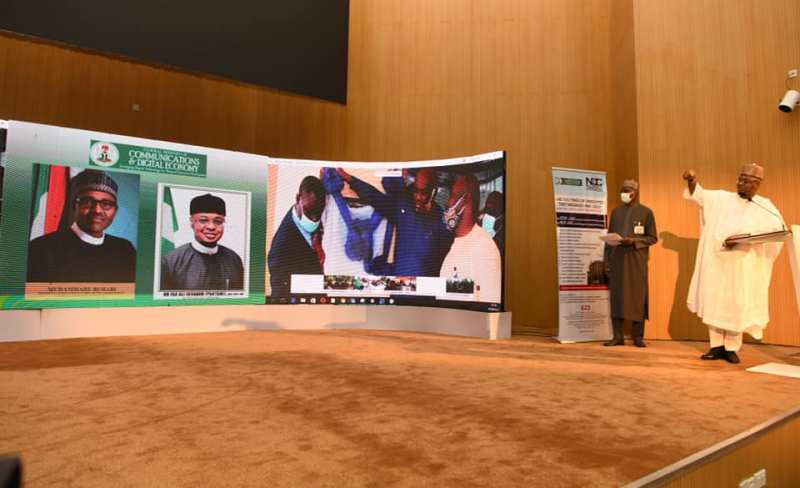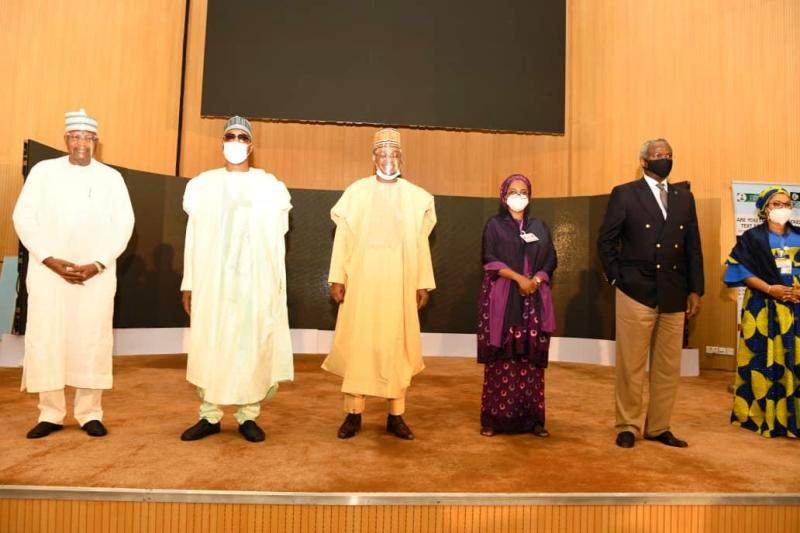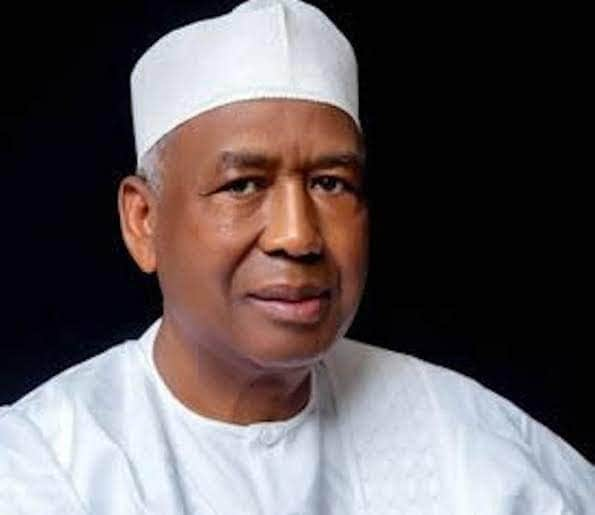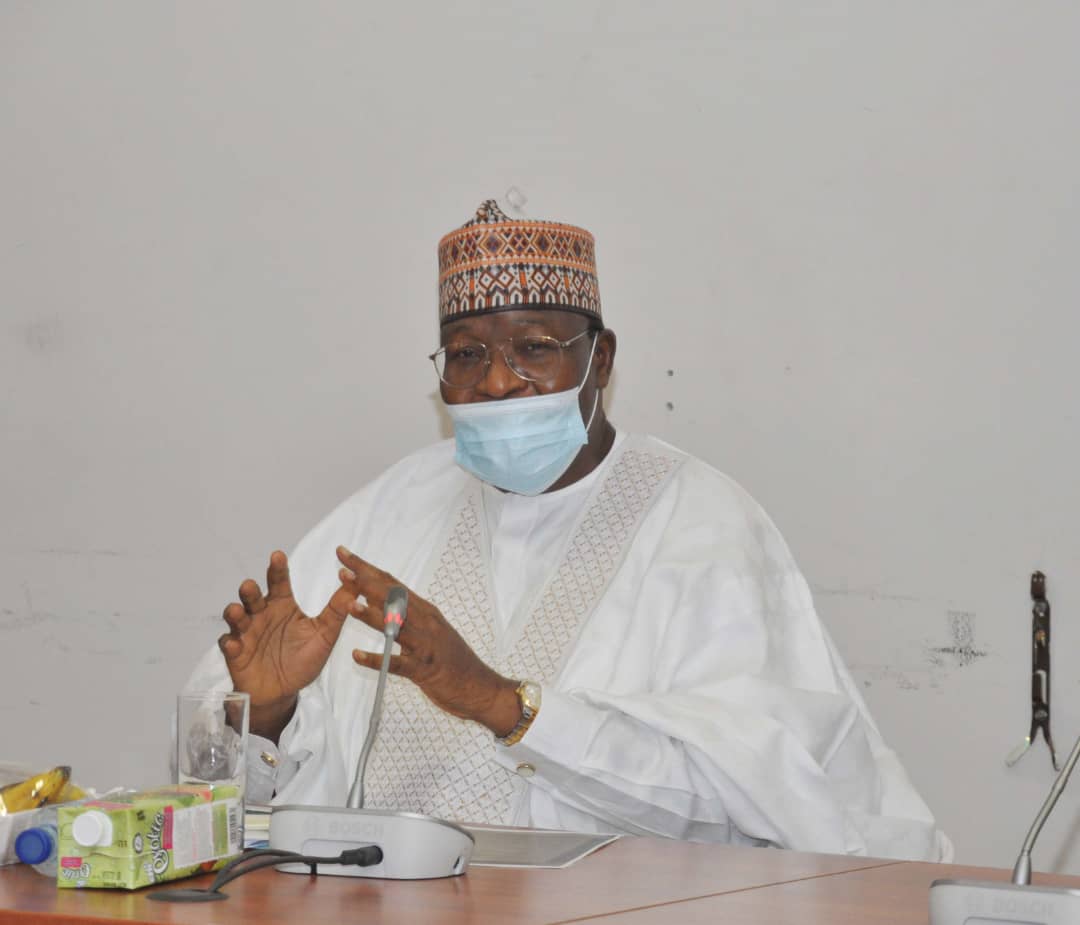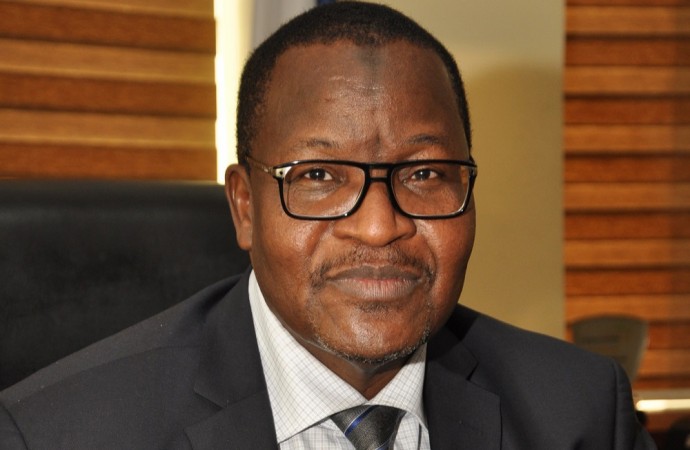The Federal Government, through the Ministry of Communications and Digital Economy, has inaugurated 11 projects in the various Information and Communication (ICT) centres across the country.
The Minister of Communications and Digital Economy, Dr Isa Pantami, during the virtually inauguration of the projects on Tuesday in Abuja, said they were related to three agenda of the Federal Government.
The projects inaugurated included Tertiary Institution Knowledge Center and New Neighbourhood Post Office, both in Delta, and Remodeled National Mail Exchange Centre, Mbiama, Rivers.
Others were e-Health/Data Sharing Centre, Bauchi, Virtual Examination Centre, University of Maiduguri, Information Technology Innovation Centre in Kogi and Information and Technology Capacity Building Centre in Jigawa.
Also inaugurated were Information Technology Capacity Building Centre in Imo, Emergency Communication Centre in Ilorin, Kwara, and School Knowledge Centre, Gombe.
“If you look at the projects, you will see that they are all related to the thee agenda of the Federal Government on Nigeria.
“Number one is security. These emergency communication centres are part of the NCA 2003 Act. The emergency communications centres are to support security institutions. We have one in Kwara.
“The second agenda of President Muhammadu Buhari is economic development.
“The IT incubation centres being constructed all over the country and championed by the National Information Technology Development Agency (NITDA), will go a long way in promoting and supporting our economy, particularly economic diversification.
“Thirdly, some of the projects related to e-governance will go along way in fighting corruption.
“This is because the more our activities are digitalised, the less people will interact physically, and as long as you reduce interaction physically, definitely, you will reduce corruption significantly,” he said.
Pantami said the projects were executed by the ministry in conjunction with the Nigerian Communications Commission (NCC), the National Information Technology Development Agency (NITDA) and NIPOST.
Speaking with journalists after the inauguration, the Governor of Imo, Sen. Hope Uzodimma, said the state had been using the emergency communication centres to tackle crimes.
“You will recall that I lunched a few weeks ago, our security outfit and they are making use of the emergency communication centre. The emergency number is 112, courtesy of the NCC.
“So, it is because of that I have invited the minister to come and commission the project. If you notice, the crime rate in Imo has gone down. We have been tracking down crime syndicates,” he said.
Other dignitaries present at the event were: the Minister of Information and Culture, Alhaji Lai Mohammed; Minister of Interior, Mr Rauf Aregbesola; Minister of State for Education, Mr Chukwuemeka Nwajiuba and Governor of Gombe State, Inuwa Yahaya, among others.
